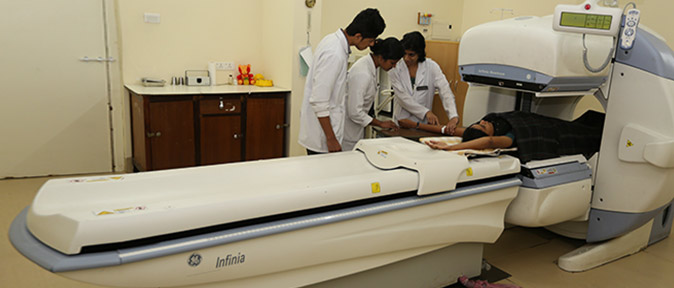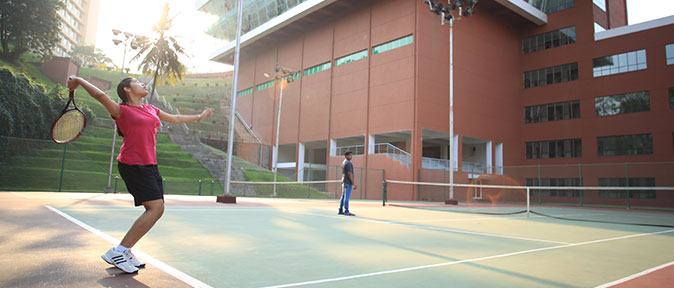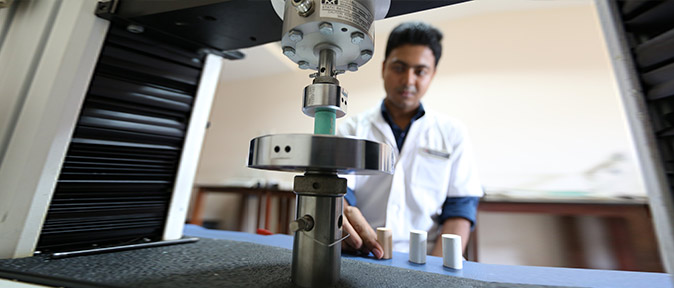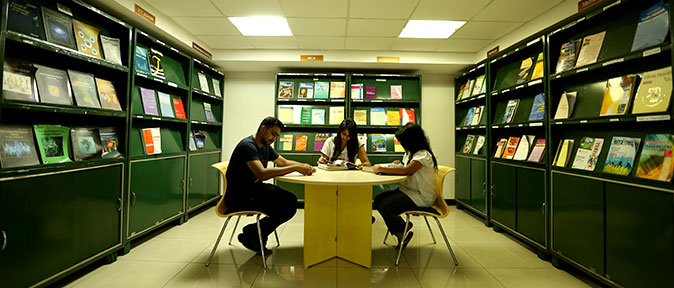OVERVIEW
Course Description:
MSc. Emergency Medical Technology is a 2-year program designed to equip candidates with comprehensive knowledge and hands-on skills in Emergency Medicine. Through a blend of theoretical study and practical application, students will become proficient in the following areas:
1. Pre-Hospital Care: Rigorous training and research focused on the assessment, stabilization, and transport of patients in life-threatening conditions before reaching a hospital.
2. Triage Expertise: Mastery in triaging patients suffering from a range of medical and trauma-related conditions, applicable both within hospital settings and in the field.
3. Simulation-Based Learning: Advanced education through simulation, fostering innovation and skill development in Emergency Medical Technology.
4. Critical Thinking and Decision-Making: Empowering candidates to make informed decisions during the critical retrieval and transport phases in pre- hospital environments.
5. Life-Saving Techniques: Training in essential life-saving skills, including basic cardiopulmonary resuscitation (CPR) and Basic Trauma Life Support.
6. Full-Time Residency: A commitment to a full-time residency program, where students take on real responsibilities in patient management.
Focus
The curriculum is specifically designed to prepare students to identify, assess, and manage a wide range of emergency situations including medical, trauma, surgical, obstetric, and paediatric emergencies, as well as mass casualty incidents and disaster response. A significant emphasis is placed on practical training and research in patient retrieval and transportation.
- Professional Development and Certification Preparation: Guidance and preparation for emergency medical services.
- Interprofessional Education Opportunities: Collaborative learning experiences alongside other healthcare disciplines, promoting a team-based approach to emergency care.
- Technology and Innovation: Exposure to the latest in emergency care technology, including AI, telemedicine, and state-of-the-art medical devices.
- Leadership and Management Skills: Training in leadership, ethics, and management essential for leading emergency medical teams.
Additional support and opportunities include:
- Clinical Rotations: Hands-on experience in diverse emergency settings, including specialty departments and high-volume trauma centres.
- Research Project: A capstone research project contributing to the field of emergency medical technology.
- Alumni Network and Career Support: Access to a supportive alumni network and career services post-graduation.
Career Pathways:
Graduates of this program are highly sought after and find rewarding careers in various settings, including:
- Emergency departments across medical, private, and corporate hospitals.
- Intensive care units, providing critical care to patients.
- Ambulance services, including ground and air ambulances.
- Specialized response units for wilderness, industrial, offshore emergencies, and disaster or rapid response teams at both national and private levels.
Key Dates & Deadlines
15
Mar 15 26
Mar ' 26
Last date to Apply
'
Tentative Course Commencement Date
Indian Students Apply
Manipal Academy of Higher Education not only caters to one’s academic needs, but also lays emphasis on all-round development of its students.
International Students Apply
Manipal Academy of Higher Education not only caters to one’s academic needs, but also lays emphasis on all-round development of its students.
Indian Students Apply
Manipal Academy of Higher Education not only caters to one’s academic needs, but also lays emphasis on all-round development of its students.
International Students Apply
Manipal Academy of Higher Education not only caters to one’s academic needs, but also lays emphasis on all-round development of its students.
Duration
2 years (4 semesters)
Facilties

Healthcare
Access to hospital facilities gives student hands-on training in procedures

Sports & Fitness
Marena is the world-class facilities with courts for badminton, tennis, soccer & squash as well as a well-equipped gymnasium

Labs
Laboratories give students the opportunity for practical experience

Libraries
Libraries have publications on the latest developments in allied healthcare
%20Neurosciences.jpg)




